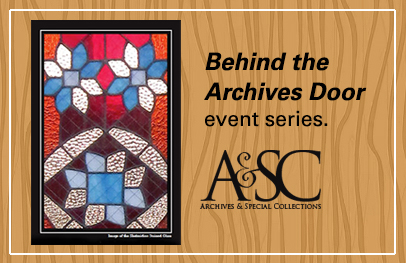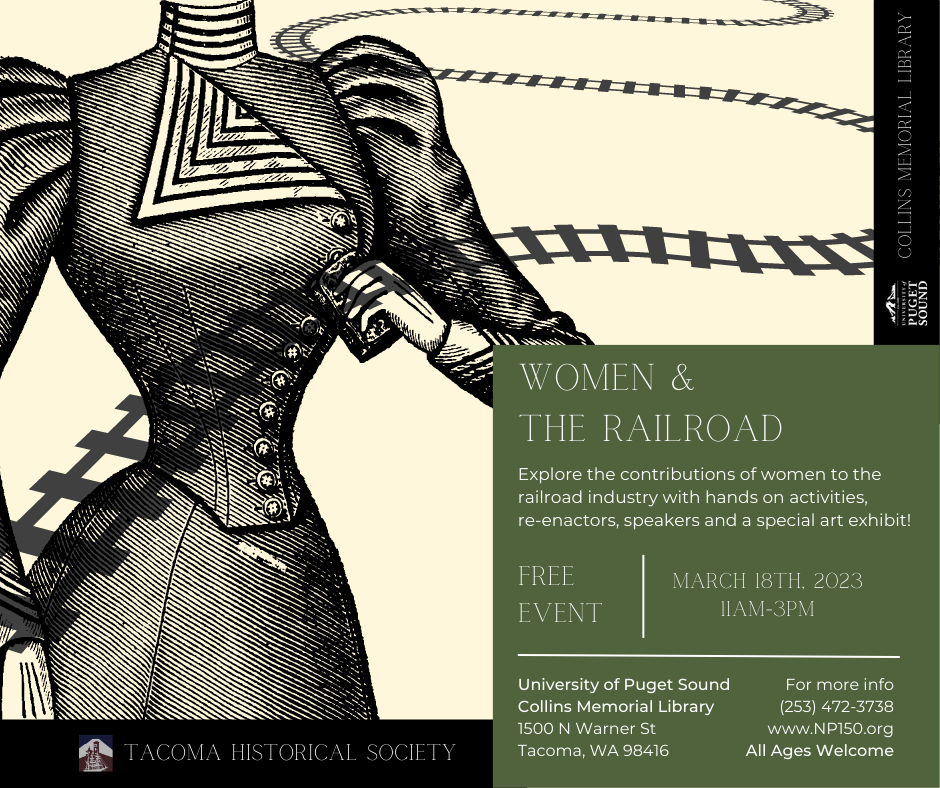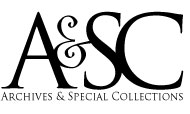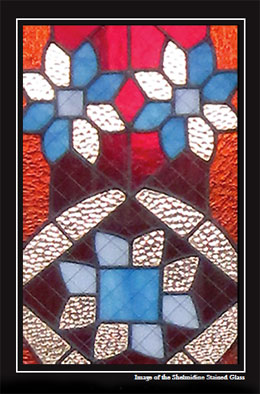The Collins Memorial Library staff actively support the University in advancing equity, diversity, creating inclusive experiences for all members of our community and confronting institutional bias and structural racism. Together with our partners in the Orbis Cascade Alliance of Academic Libraries and the Oberlin Group, we seek to build diverse collections and environments that foster and honor a wide array of perspectives, thoughts, and experiences. We commit to work that overcomes cultural, historical and divisive biases and recognize the importance that diverse perspectives bring to our society. We also recognize the history of our profession in regard to marginalizing underrepresented individuals and groups and work toward eliminating barriers to services, spaces, resources and scholarship within academic libraries.
To learn more about how the University of Puget Sound supports an inclusive community visit the Office of Institutional Equity and Diversity: https://www.pugetsound.edu/equity-diversity-puget-sound/contact-office-institutional-equity-and-diversity
Some recent action steps we have implemented:
Teaching, Research and Reference Services:
The library pursues an intense and multifaceted instructional program that intentionally incorporates practices in support of DEI.
- In research consultations with students, we utilize a strengths-based approach, meeting students where they are, listening to and validating their interests, and collaboratively creating a research action plan with them, instead of prescribing particular approaches or sources. In addition, librarians offer research appointments outside of the M-F, 8-5, traditional business hours in order to be available to students who may have school and work schedules that otherwise would prevent them from meeting with a librarian.
- In both individual and classroom work, librarians use diverse examples to illustrate information literacy concepts–highlighting scholarly and creative works by minoritized authors; using a more expansive list of genres; introducing collections of diverse voices; and using social justice themes to inform inquiry and search strategies, for example:
- Highlighting Prince and Purple Rain in a research class on American song
- Encouraging students in Biology 101 to think about structural inequities that could
contribute to the health impacts that could be caused by wildfire exposure - Introducing algorithmic bias and inviting students to reflect on all the ways that such bias impacts them in both their personal lives and in the lives of those different from them
- Analyzing zines as primary sources, and promoting zines as a means of creative expression
- Whenever possible, librarians incorporate principles and practices of critical information literacy pedagogy, such as:
- Explicitly discussing the social, political, and economic structures of information networks and inviting critical reflection on instances of information privilege
- Using student-centered learning scenarios such presenting an open-ended problem that requires student collaboration to generate multiple possible responses
Access to Information:
We are cognizant of the bias in the Library of Congress subject headings and continue to evaluate ways we can address this. For example, librarians in the PNW took action after learning from the Change the Subject video, an important film documenting a group of Dartmouth students who challenged anti-immigrant language in the Library of Congress subject headings. Our library consortium, the Orbis-Cascade Alliance replaced the term “Illegal aliens” with the terms “Undocumented immigrants” in the online PRIMO catalog. We continue to review subject headings and how information is categorized to reflect a more inclusive taxonomy.
Archives & Special Collections
Archives & Special Collections staff actively collect materials that represent a diversity of voices. This includes a collection of artists’ books by artists of color, selected in collaboration with the African American Studies liaison librarian, and zines created by indigenous authors and members of the LGBTQ+ community. The Archives also hosts regular class sessions on topics such as systemic racism, women in science, the origins of University of Puget Sound’s Queer Studies Program, and Japanese-American incarceration during World War II. Digital teaching kits available on the library’s website complement these lesson plans.
Links to some of the digital teaching kits are below:
Staff Development:
Library staff are committed to learning and reflecting on these important issues. One example is participation in the Alliance Diversity, Equity, & Inclusion in Library User Experience speaker series. Library staff have engaged in discussions about materials in our collection and developed this resource to foster discussions: Identifying racism materials zine
Collections:
We have set aside special funding to support book purchases associated with DEI themes. We have also added a number of digital resources:
- AVON (Academic Video Online): a video subscription that delivers almost 70,000 titles spanning subject areas including anthropology, business, counseling, film, health, history, music, and more.
- Black Thought and Culture: A collection of approximately 100,000 pages of non-fiction writings by major American black leaders, teachers, artists, politicians, religious leaders, athletes, war veterans, entertainers, and other figures, covering 250 years of history. Includes letters, speeches, prefatory essays, political leaflets, interviews, periodicals, and trial transcripts.
- LGBT Thought and Culture: An online resource hosting books, periodicals, and archival materials documenting LGBT political, social and cultural movements throughout the twentieth century and into the present day. The collection illuminates the lives of lesbians, gays, transgender, and bisexual individuals and the community.
- North American Indian Thought and Culture: Brings together more than 100,000 pages, many of which are previously unpublished, rare, or hard to find. Integrates autobiographies, biographies, Indian publications, oral histories, personal writings, photographs, drawings, and audio files for the first time. The result is a comprehensive representation of historical events as told by the individuals who lived through them. Supports scholarly research into the history of American Indians, Alaska Natives, and Canadian First Peoples.






